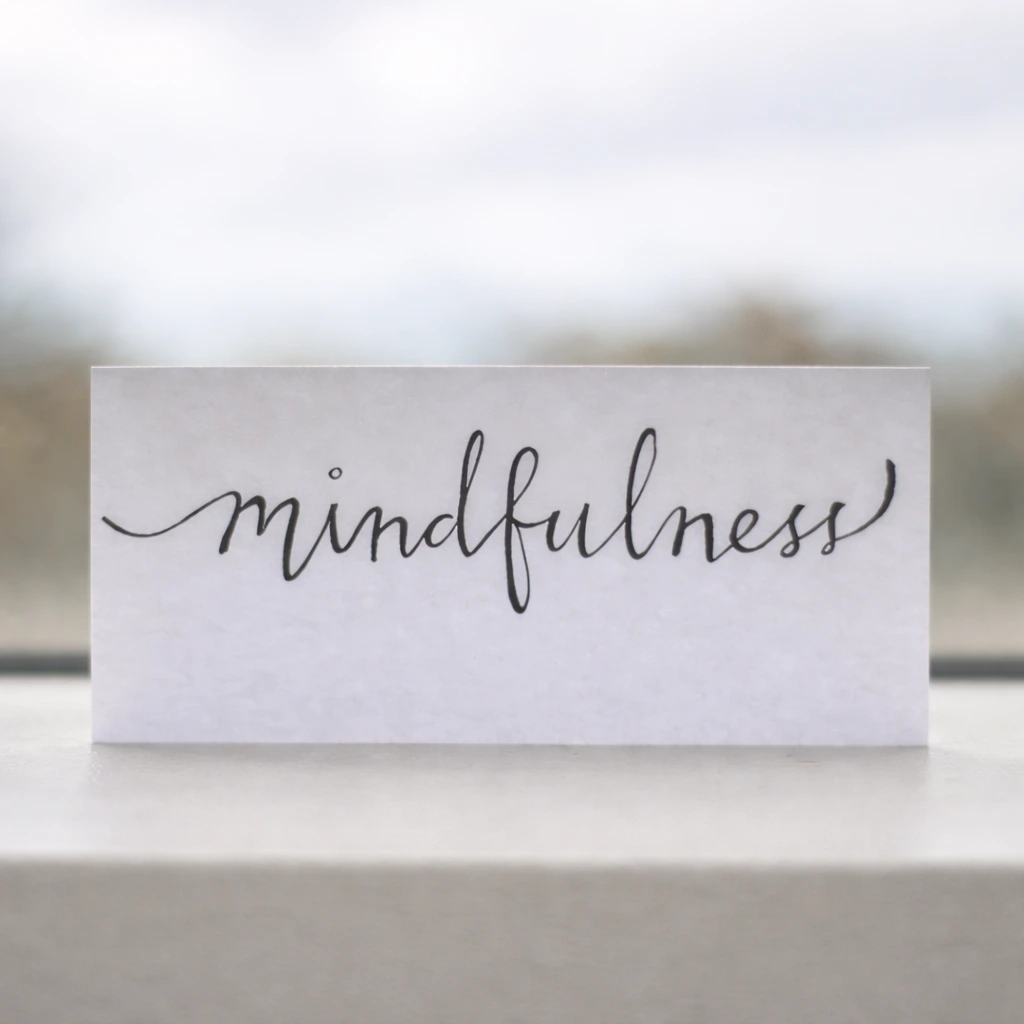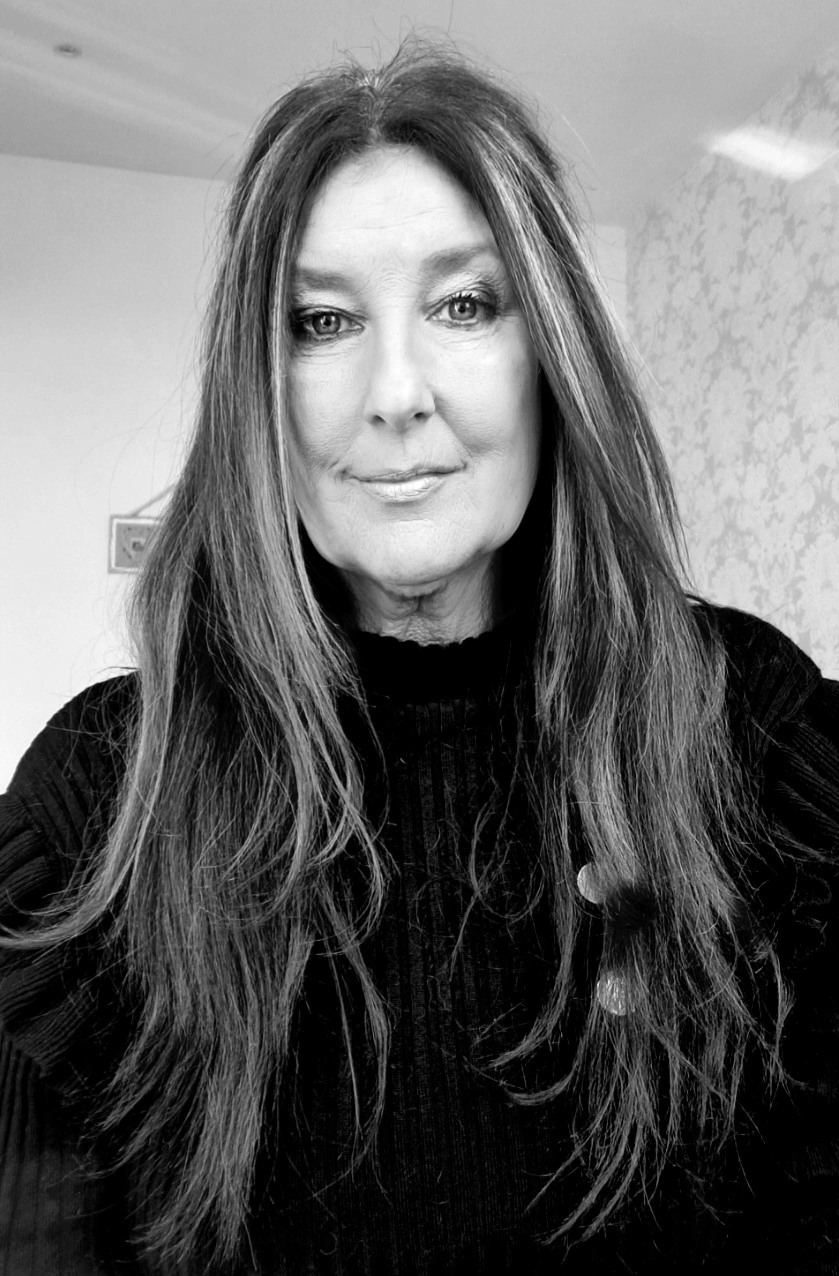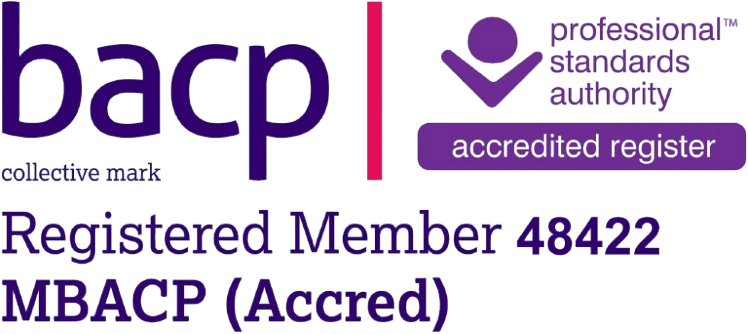
Counselling and Supervision in Sheffield
"Therapy isn't about changing the past, but rather finding a way to deal with the present, exploring new ways to re-organise our thoughts and emotions and move towards positive thinking"

My Counselling Approach & Benefits
Counselling can be a positive way of addressing unresolved issues and can be useful in helping people understand their problems better. It can give people a better understanding of the perspective and viewpoints of others and promote positive self-awareness.
Exploring the feelings and emotions which relate to personal experiences allows each individual to reflect on what is happening around them or to them.
Therapeutic Models
Psychodynamic Therapy

My core training was in the psychodynamic therapeutic model, which (very briefly) places greater emphasis on the importance of childhood/past experiences, uncovering and understanding the unconscious, and exploring how that may impact each individual's present thinking and behaviour. This therapy typically involves explorations around feelings, dreams, metaphors, and past experiences.
Humanistic & Person-Centred Therapy

I am also trained in the school of Humanistic and Person-Centred Therapy as developed by Carl Rogers. This way of working with clients places emphasis on the importance of the therapeutic relationship and leans into the idea that every person has the capacity to become the best version of themselves. In therapy, as clients begin to understand themselves and their problems better, there can be an opportunity to move towards greater self-awareness, self-acceptance, and emotional healing.
Bereavement and Complex Loss
Grief is a natural response to any form of loss. Whether that is the death of a loved one, or what we refer to as a ‘living loss’ or ambiguous loss. Living losses can appear in different ways, such as the end of a relationship, being made redundant, retirement, moving home, friendship fallouts, the loss of our identity or even the loss of health – and can all cause emotional distress.
There is no set time limit to grieving. For some it is a work in progress, and it can take a long time to process the enormity of the loss and to reorganise a new life around it. A frequent statement in my office is “I’ve been told I should be over this by now” – if you can relate to this, be mindful of not falling into the trap of having your grief compared to someone else’s. Even if you are both experiencing the loss of the same person or situation you are both bringing your own experience and depth of emotion into the loss and both travelling at your own pace. Remember, faster doesn’t mean better…
For many, bereavement is a very painful experience, but everyone will experience and identify with their loss differently and in ways unique to them. Similarly, people ‘cope’ in different ways too.
For example, some people will want to feel heard and talk about their loss, whilst others may find solace and meaning within the ‘doing’ – for instance volunteering or fundraising for a charity. Whilst some people can manage their grief on their own, or with the support of loved ones, others cannot, and if you feel that you are beginning to struggle, then it may be the right time to consider accessing therapy and providing yourself with the space to gently explore the difficulties and personal challenges surrounding your bereavement or sense of loss.
Relationship Therapy for Couples
"We build too many walls and not enough bridges"
– Sir Isaac Newton
The realisation that a relationship needs outside help can be a difficult obstacle to process in its own right. It takes real courage to raise our hands and admit that the connection we had, now feels broken, damaged or a shadow of what we once enjoyed.
Relationship therapy can be an effective way of creating a space where you can both feel heard, seen and listened to. In therapy, you will be invited to explore challenging aspects of your relationship and consider new ways to help you navigate through difficult or complex areas of your relationship.
The ultimate goal of therapy is not always to keep a couple together in their relationship no matter what. Sometimes for a myriad of reasons, it is a sad truth that a relationship will end. However, in these cases therapy can provide a dynamic space where lines of communication are kept open and can be instrumental in helping the relationship reach a satisfactory conclusion and to ultimately ‘end well’.
In therapy an environment is cultivated which does not focus on blame, criticizing or reacting negatively towards each other, but instead encourages a space where misunderstandings can be explored, conflict can be reduced and empathy, understanding a sense of re-connection can grow.

Clinical Supervision
"If the only tool you have is a hammer, you tend to see every problem as a nail."
– Abraham Maslow
Good supervision is the touchstone of the work we do as counsellors and psychotherapists. Therapist and author Petruska Clarkson famously quoted that it provided a space where the therapy can breathe.
Supervision is multi-dimensional and affords you a setting where you can review and reflect on your clinical work, explore areas of concern, share ideas and new ways of thinking, apply theory to practice, develop your self awareness and most importantly, serve as a reminder to both supervisor and supervisee that ethics is at the heart of the work we do – and everything we do is always in service of the client. I offer supportive and collaborative supervision to both qualified practitioners and student counsellors who are developing their practice. Using the Seven Eyed Model as developed by Hawkins and Shohet, we will explore and focus on the relationships between the client, therapist and supervisor and take into consideration the inter-play between these relationships as well as the impact from external factors and our understanding of the wider context.
We will also use Proctor’s Supervisory Alliance Model as a framework to review the normative, formative and restorative aspects or requirements of your clinical practice.
The BACP currently advises that supervisees access Clinical Supervision for 1:5 hours per calendar month. If your case-load increases, or is large, this needs to be reflected in the amount of supervision you have. I have a Certificate in Clinical Supervision from the British Psychological Society and also an Advanced Diploma in Clinical Supervision including On-line and Telephone Working, mapped to the BACP supervision competence framework, the National Counselling Society (NCS) Good Practice Guide for Supervision and the Association for Counselling and Therapy On-line (ACTO) supervision competencies. This means I have the training required to work professionally and safely with supervisees in both face-to-face and on-line settings – using either the Zoom platform or the telephone.
Finding a supervisor that is the ‘right fit’ for you is essential. With that in mind, I offer all potential supervisees a no-fee appointment where you can meet me, get an idea of how I work, discuss your supervisory needs or ask any questions you may have. I look forward to hearing from you!
Sessions & Fees
Introductory Meeting

This is a very informal appointment, and I offer the initial assessment and consultation free of charge with no obligation. Please allow 30 minutes for this appointment.
During our first meeting a detailed personal history is taken. Goals or objectives can be discussed and I will explain the client contract with you and make sure that you understand its content. This time also gives my clients an opportunity to ask any questions regarding the counselling process and determine how they feel about proceeding with therapy.
If for whatever reason I feel that my clinical skills or experience will not match a clients needs, I will endeavour to ‘sign-post’ them towards useful contacts, a professional colleague or appropriate agency.
Session Fees

- Initial Assessment (30 mins): Free of charge
- Individual Counselling: £50 per session
- Couples Counselling: £60 per session
- Clinical Supervision: £65 per 1.5-hour session
- Clinical Supervision for Student Counsellors: £50 per 1.5-hour session
- Personal Therapy for Student Counsellors: £50 per session
Get in touch
I am based in the S25 area and see clients from Sheffield, Rotherham, Worksop and Retford.
If you have any questions or would like to arrange an appointment, please feel free to get in touch.
You can also call or leave a message at +44 7977 657994 if you’d prefer to reach out that way first.
I look forward to working with you!
Frequently asked questions
Don’t be! Anything new can seem a bit daunting at first. Most people feel easier once they’ve had their consultation and realise that therapy isn’t about being in the spotlight, being judged or made to feel awkward. It’s about raising self-awareness, self-esteem, positive thinking and confidence.
I understand that the counselling process can seem very daunting at first. However, for therapy to be effective, it is important that the sessions are confidential and directed in a one-to-one basis. Asking a good friend or relative to drive you or accompany you on the journey to and from your appointment instead might make it feel a little easier.
No. I accept self-referrals from clients, as well as referrals from GP’s, other health workers, agencies and EAP schemes.
When working with clients, I offer both the Humanistic and Psychodynamic Models and also use some CBT interventions. You may have an idea of what might suit you best, or have experience of a particular approach that you’d prefer. Alternatively, it may be that you have no experience of counselling or therapy. In both cases, your thoughts and preferences can be discussed during the consultation.
The initial consultation is a dedicated block of time where clients can bring any questions or concerns regarding therapy. During this process clients are invited to outline their problems, feelings or concerns. I use this time to explain about confidentiality and its limitations and discuss boundaries. Therefore I respectfully ask clients to only give a brief outline of their presenting issues when making the appointment for the consultation.
Everyone is individual and the counselling is tailored accordingly to this. Important and influential factors include the nature of the problem (the presenting issue), affordability, and client commitment. Usually I arrange with clients to book 3 to 4 appointments, after which we will have a ‘review’. With the client’s verbal consent, another block of sessions can be arranged. Regularity is important for productive therapeutic progress. It is useful to note that clients accessing counselling through an Employee Assistance Programme or those who have funding through an agency will have a limited amount of sessions available to them as provided by their employer or agency.
Regularity is important for productive therapeutic work. The standard format of weekly sessions is encouraged; however affordability and appointment availability and client commitment need to be considered.
The therapy session lasts an hour. This is broken in to two parts with 55 minutes of therapy and a further 5 minutes to briefly sum-up and reflect on the issues raised in the session, discuss any homework that might be set and arrange future appointments.
Yes. All the therapy sessions are confidential. No information will be shared with a third party without the client’s express written consent. The only times confidentiality is breached is when there is extreme concern for the client’s welfare or if there are concerns for the safety of a child under the age of 18. I would inform you before I took any concerns to a third party (e.g. G.P. or agency representative). During the initial consultation, I will discuss this with you. I access regular supervision and during this time omit information that would make the client easily identifiable and only refer to clients by their first name. An information sheet on confidentiality is in your information pack.
I am only available during office hours and at your scheduled appointment time. During an out-of-hours emergency or crisis you will need to seek other resources. During the initial consultation I give each client an Information Pack and there are some useful numbers on the back page for clients, should an emergency arise.
If you know that you’re not going to be able to attend an appointment, please let me know as soon as possible with at least 24 hours notice. On-the-day cancellations and missed appointments will be charged at half the hourly fee. Clients who miss three appointments in quick succession will be invited to discuss the option of postponing therapy for a future time.
No, ultimately it’s your decision whether you complete the set tasks or not. The worksheets aren't to be confused with school work or academic tests that will be given a mark out of 100% or graded. On the contrary, there are no right or wrong answers in the work set. Ultimately, the worksheets are there to enhance the therapy and help my clients study a situation or feeling either more deeply or from a different perspective. Many clients find this work rewarding and enlightening.
The British Association of Counselling and Psychotherapy was founded in 1977. It is the largest governing body for counsellors and psychotherapists and was introduced to ensure the professional competence and ethical practice of its members and to oversee the protection and safety of the public who use their services.
In a new scheme set up and developed by the Department of Health the BACP Register of Counsellors and Psychotherapists only registers therapists who have met specific professional standards.
As an accredited member of the BACP, this means that I have met specific standards of training and experience and commit to ongoing professional development within my practice. It stands as a mark of credibility and professionalism in the field of counselling and psychotherapy.
For more information, visit the BACP website at bacp.co.uk.
©Elizabeth Sendall Counselling, Relationship Therapy and Clinical Supervision
powered by WebHealer


